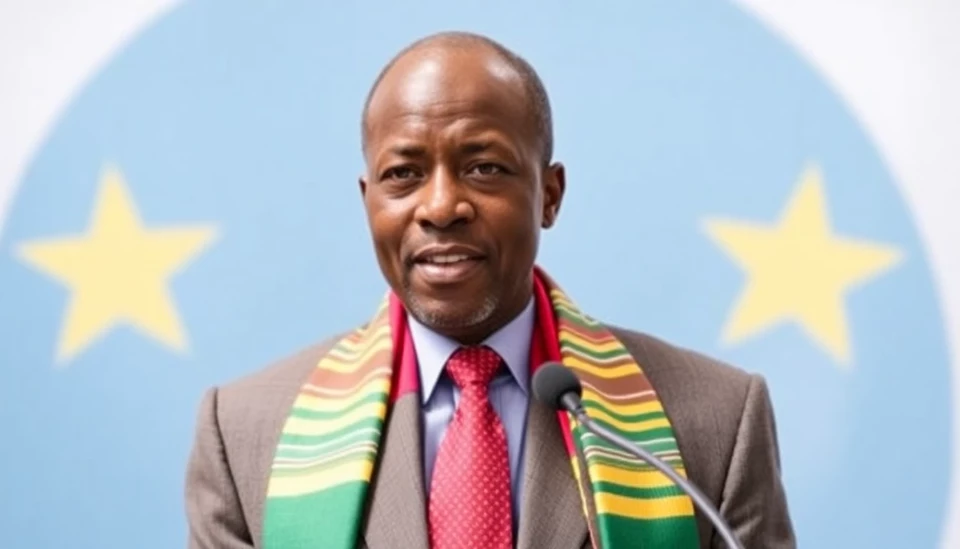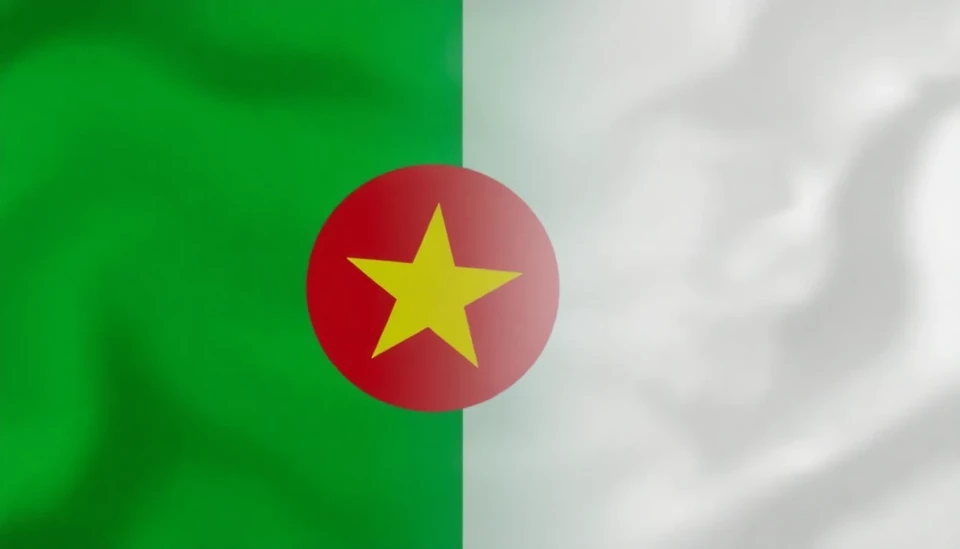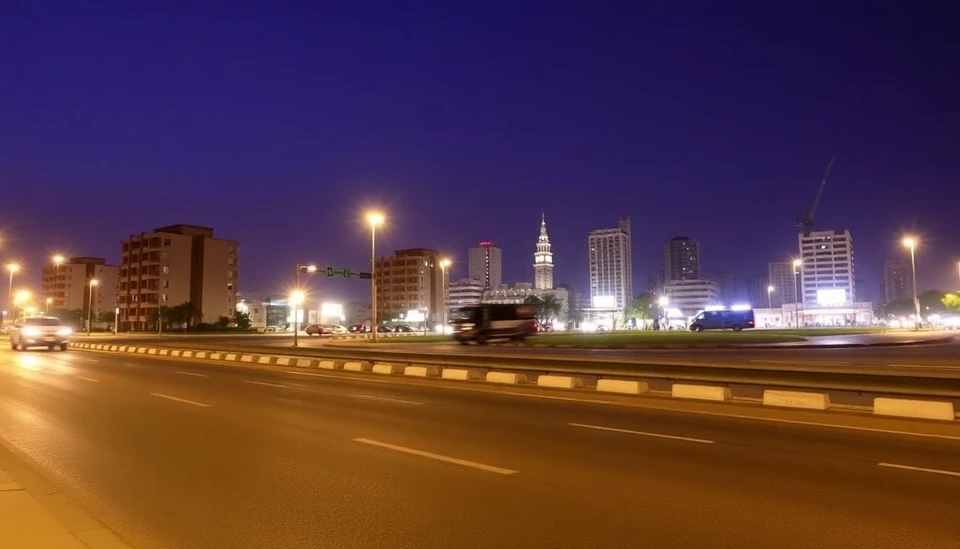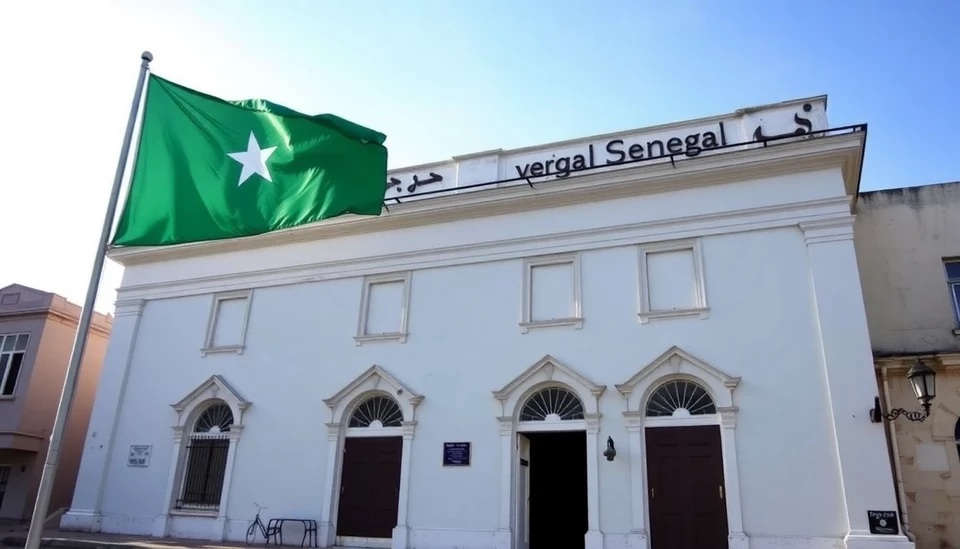
In a surprising turn of events, Senegal's political landscape has taken a bold step as President Ousmane Sonko has successfully adopted the 2025 national budget without the usual parliamentary scrutiny. This move, which has raised eyebrows among opposition leaders and constitutional experts, underscores the growing tension between the presidency and legislative authority in Senegal.
On December 27, 2024, Sonko, who is currently navigating a politically charged atmosphere, utilized a constitutional provision that permits the executive to bypass parliamentary approval under specific conditions. This decision has led to significant concerns regarding democratic processes in the West African nation, igniting debates about the implications of concentrated power within the presidency.
The budget, estimated at around 6 trillion CFA francs (approximately $10 billion), aims to address pressing infrastructural needs, social welfare, and economic recovery initiatives in the wake of the global pandemic’s aftermath. However, critics have highlighted that the lack of parliamentary debate limits transparency and undermines the necessary checks and balances that are crucial in a democratic society.
Opposition parties have expressed their discontent, arguing that this unilateral decision reflects a broader trend towards authoritarianism. Amid ongoing demonstrations advocating for greater political freedom, this fiscal maneuver has expanded the rift between Sonko's administration and rival factions, leading to fears of escalating unrest in the country.
As the news spreads, analysts are closely monitoring the Socio-Political Stability Index of Senegal, given the budget's controversial approval method. While supporters of Sonko argue that swift actions are essential for a thriving economy, detractors fear that such actions may set a dangerous precedent for future governance.
In response to the criticism, government representatives have defended the move as a necessary step to expedite vital funding for development projects, stating that delays associated with traditional parliamentary processes can hinder progress. "We cannot afford to stall our development initiatives in a world that moves at such a rapid pace," emphasized a senior government official.
Looking ahead, the political ramifications of this budget approval may be far-reaching, influencing not only the domestic landscape but also Senegal's relationships with international donors and investors who favor stable and transparent governance.
As 2025 approaches, concerns over governance, power dynamics, and citizen engagement will likely shape the narrative in Senegal, prompting citizens and political observers to remain vigilant about the unfolding events in the country.
In conclusion, while Ousmane Sonko's strategic bypass of parliamentary scrutiny has enabled the passage of the budget, it raises significant questions regarding the future of democracy and political stability in Senegal.
#Senegal #OusmaneSonko #2025Budget #PoliticalCrisis #Democracy #Authoritarianism #WestAfrica #PublicFinance #GovernmentTransparency #CivilRights
Author: Daniel Foster




